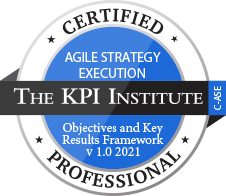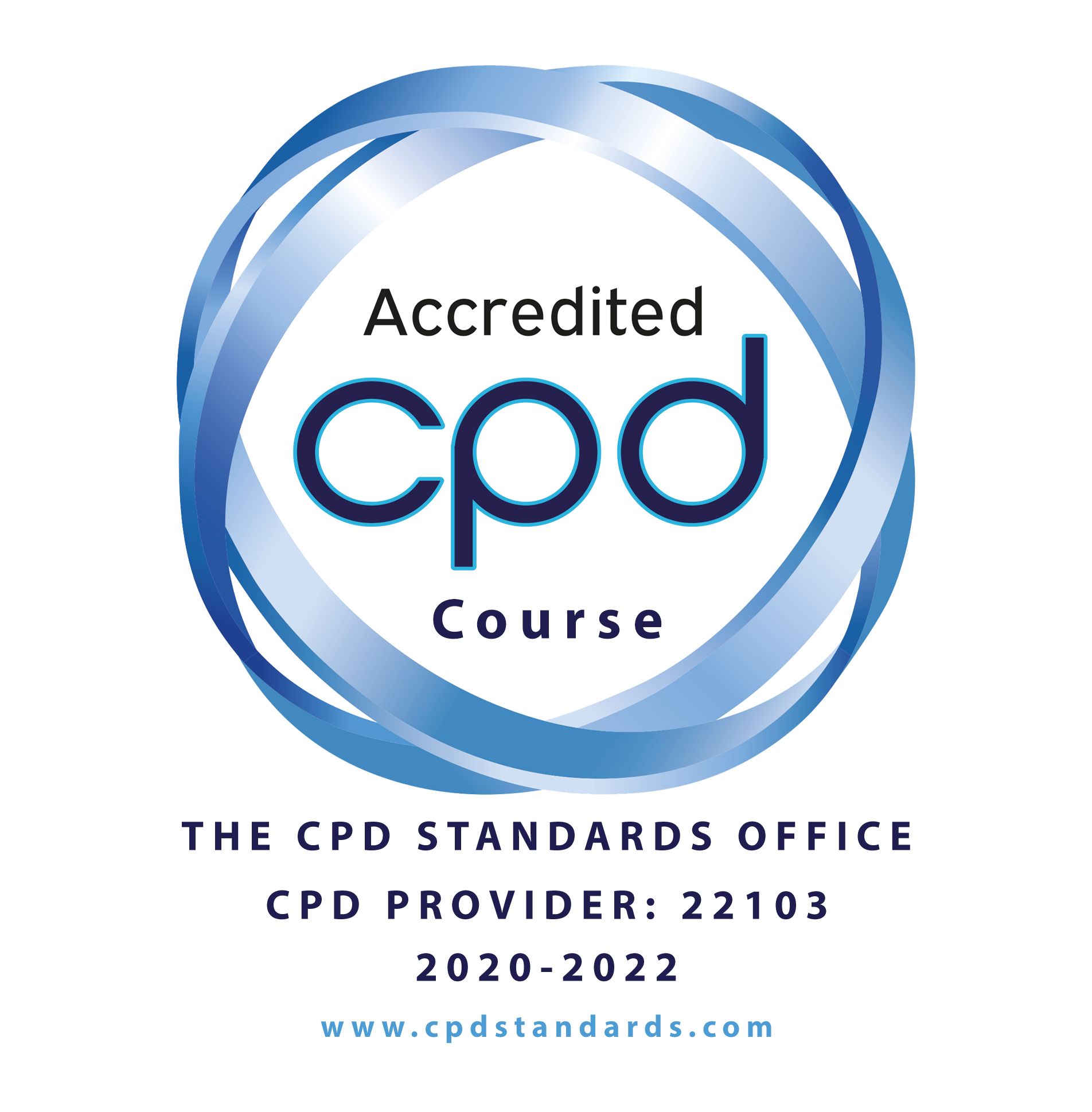Certified Agile Strategy Execution
WHY CHOOSE A CERTIFICATION IN AGILE STRATEGY EXECUTION?
The Agile Strategy Execution Professional Certification is an accreditation that endorses your competencies in ensuring successful implementation of strategic initiative by deploying The KPI Institute’s methodology.
The certification is the result of a complex, experiential learning program that has 3 sections: pre-course activities, 3 days core-course activities and post-course assignments.


WHAT ARE THE MAIN BUSINESS BENEFITS OF ATTENDING THE COURSE?
• Expand your knowledge and skills in strategy management;
• Get a toolkit to assist you every step of the strategy execution process;
• Avoid common pitfalls in strategy execution organization.
WHAT ARE THE MAIN PERSONAL BENEFITS OF ATTENDING THE COURSE?
• Apply the techniques learned in a wide range of business scenarios;
• Get access to a network of specialists, sharing business opportunities and innovative solutions to strategy execution dilemmas;
• Receive a premium recognition as a Certified Agile Strategy Execution Professional.
KEY LEARNING OBJECTIVES
• Use strategy planning tools;
• Deploy KPIs to monitor strategy implementation;
• Engage the right stakeholders in strategy execution;
• Monitor strategy implementation;
• Drive organizational change.
|
Certified Agile Strategy Execution
|
Module | What you’ll learn |
1. Plan |
|
|
2. Integrate |
|
|
3. Align |
|
|
4. Implement |
|
|
5. Monitor |
|
|
6. Adapt |
|
|
7. Change Management |
|
|
8. Culture |
|
